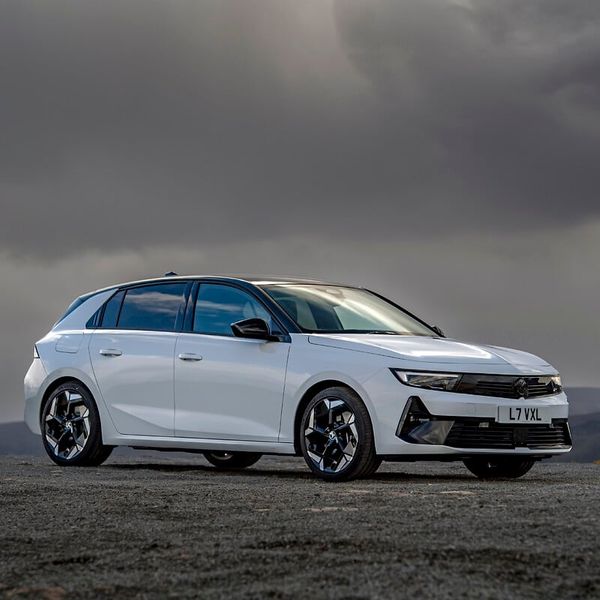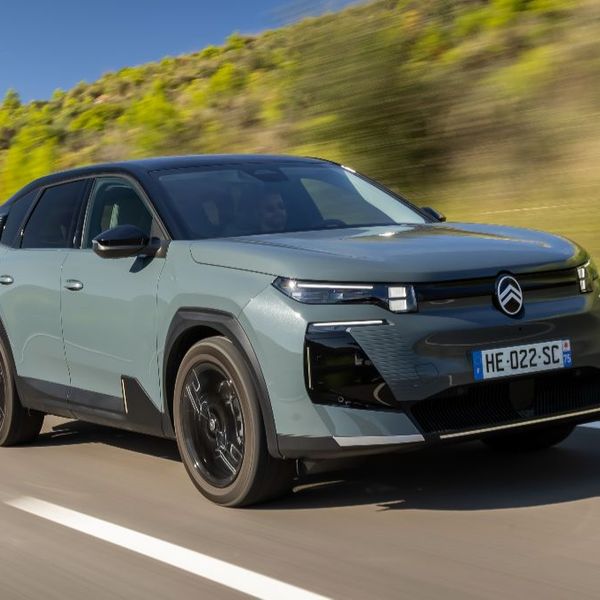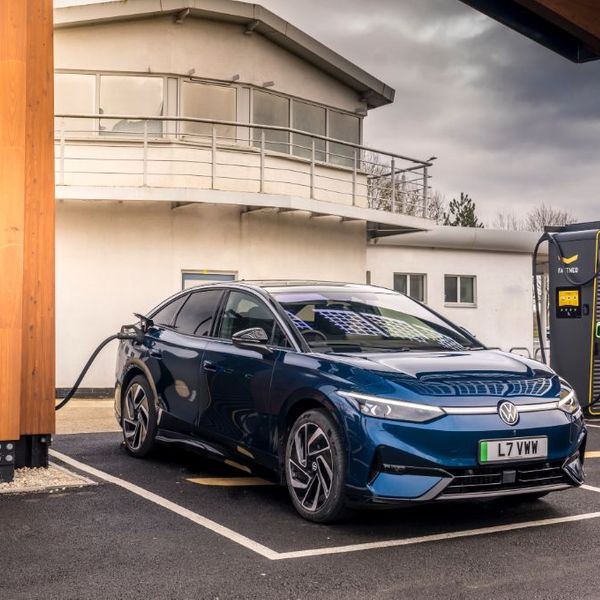The chancellor is set to deliver her annual budget statement to the House of Commons on 26 November, but intense speculation is already building about what might be announced in the speech, including a radical change to the way electric cars are taxed.
It's a set piece event for politicians, and the biggest moment of the year for the person who lives in Number 11. It'll be the second annual budget that Rachel Reeves has delivered, though perhaps in more difficult economic conditions than she might have hoped for.
There is now a consensus that there will be significant tax rises involved – Reeves used a speech in Downing Street ahead of the budget to set the scene and prepare the way for the measures that will be needed to fill a £30bn gap in the national balance sheet caused by increased borrowing and the higher costs of paying for it.

So what will the budget look like for EVs?
Following on from last year’s budget, the government has put more effort into promoting the uptake of electric vehicles, with the reintroduction of grants on EVs costing less than £30k and the recent announcement of a £10m fund to promote the introduction of ultra-rapid units in charging black spots. This means less money to offer any further incentives.
Pay per mile tax rumoured
There's been speculation ahead of the budget that the Treasury is considering the introduction of a new pay per mile scheme for EV drivers to help rebalance the loss off fuel duty income as drivers switch to electric. It is likely that the chancellor will reverse a 5p cut in fuel duty that was introduced in 2022 at the height of oil price increases after the invasion of Ukraine by Russia, but EV drivers could also be targeted with a new levy. That's on top of changes to VED this year where EVs were targeted with £195 annual payments.
Pay per mile road pricing has been threatened for years, but it’s a cultural change that will require a significant amount of political capital for the government to introduce. The rumours so far indicate that the government will look at introducing the new system in 2028 following consultation, and it's looking at a relatively informal setup (ie no black boxes or national tracking of cars) that will charge electric vehicle drivers 3p a mile. How will that all work? Very good question.
Electrifying.com founder Ginny Buckley says it's showing mixed messaging from the government. "Drivers are being encouraged to go electric, then hit with the threat of new taxes – you can’t drive the EV transition with one foot on the accelerator and the other on the brake.
“This adds extra cost for EV drivers who can’t charge at home and already pay more per mile on public chargers than many petrol drivers. It also penalises those who switched in good faith, based on promised savings – on top of the £40,000 ‘luxury car’ tax now hitting many EVs, which pulls many family cars into a tax meant for luxury vehicles.
VAT cut for home electricity
There have been rumours that the chancellor wants to cut VAT on home energy bills – it currently sits at 5% – in order to fulfil her promise to cut bills. The measure would cost the Treasury around £2.5bn and save households around £86 a year according to estimates by research charity Nesta.
Cutting VAT on domestic electricity would benefit EV drivers with home charging capability, but would widen the gap to those electric car drivers who don’t have access to a driveway.
Changes to Motability
Other reported measures being planned by the Treasury include cuts to the Motability Scheme, which buys cars and leases them for three years to people with disabilities who receive the personal independence payment (PIP). The vehicles are often substantially modified and provide transport for people who wouldn’t otherwise be able to get around.
There have been criticisms of the scheme in recent months though, with an outcry earlier this year over figures showing that the scheme had paid for 50,000 ‘luxury’ cars from the likes of Mercedes and BMW. Ministers are considering tightening the eligibility for cars under the £2.8bn programme and putting limits on what is available. There is currently a £45,000 cap on petrol cars and a £55,000 limit on electric vehicles through the scheme.
Benefit in kind tweaks?
Increases in BIK rates for company car drivers have already been announced – they rose from 2% to 3% in the current financial year and will rise to 4% in the 2025/2026 period. In fact it’s going to rise every year until 2029 when it will sit at 9%.
Could further rises be in the pipeline? You can read about BIK and company car costs here, but while the cost of running an electric company car is increasing, it’s still much cheaper than the petrol or diesel equivalent, where even the most efficient petrol cars are in the 16% bracket.
Salary sacrifice… sacrificed?
Salary sacrifice schemes – where you pay money into a pension or lease a car through your employer before tax and national insurance is paid on your salary – have become popular in recent years, especially since the government increased employer national insurance contributions in 2024.
These schemes cost around £4bn in lost tax revenue, though, so there’s been speculation that the chancellor will try and reduce that. Abolishing salary sacrifice doesn’t seem very likely, as it’s a valuable way of people saving into their pensions, but the government could introduce a cap on the amount of money you’re allowed to ‘sacrifice’.
The measures will be aimed at higher earners who use the scheme to minimise their tax liability, but they could affect people who run higher value cars through salary sacrifice.
 There could be cost increases on the way for electric vehicle drivers in the 2025 budget
There could be cost increases on the way for electric vehicle drivers in the 2025 budget 











